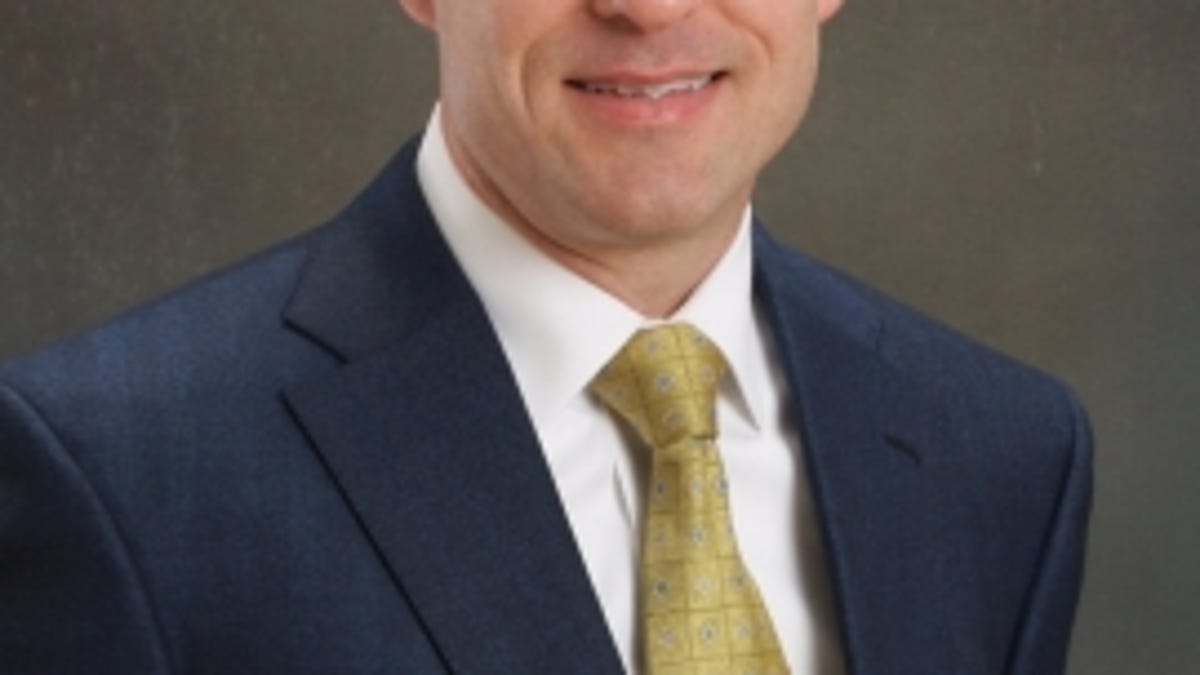MPAA's former tech policy chief turns SOPA foe
Hollywood's ex-chief technology policy officer has become the latest critic of controversial Web site blocking laws, arguing they're incompatible "with the health of the Internet."

A senior executive that Hollywood hired last year to be its chief technology policy officer has undergone a remarkable about-face: he now opposes the Stop Online Piracy Act.
Paul Brigner, who was until last month a senior vice president at the Motion Picture Association of America, has emerged as SOPA's latest critic. "I firmly believe that we should not be legislating technological mandates to protect copyright -- including SOPA and Protect IP," he says.
In a statement posted on CNET.com, Brigner says that his time at the MPAA -- which, more than any other advocacy group, was responsible for SOPA and Protect IP -- led him to realize that new laws to block allegedly piratical Web sites simply won't work.
"Did my position on this issue evolve over the last 12 months? I am not ashamed to admit that it certainly did," Brigner writes. "The more I became educated on the realities of these issues, the more I came to the realization that a mandated technical solution just isn't mutually compatible with the health of the Internet." (See CNET's SOPA FAQ.)
A spokesman for the MPAA said his organization would not comment on Brigner's volte-face.
Hollywood, meanwhile, has hardly given up on SOPA. MPAA chief Christopher Dodd said recently that he was "confident" that President Obama was using his "good relationships in both communities" -- that is, Silicon Valley and Hollywood -- to advance the measure. And last week, the White House said that "we believe that new legislative and non-legislative tools are needed to address offshore infringement."
Some MPAA allies also remain optimistic. The U.S. Chamber of Commerce, one of the more ardent defenders of the bill, said it "will continue to work with Congress." Cary Sherman, the head of the Recording Industry Association of America, wrote in a February 7 op-ed in The New York Times that his industry wants a "workable" legal framework -- after dubbing January's protests "misinformation," a "dirty trick," and "hyperbolic mistruths" that "amounted to an abuse of trust and a misuse of power."
Brigner's statement on CNET.com came in response to an article last week about his new job as head of the Internet Society's North America efforts.
SOPA and its Senate cousin, the Protect IP Act, were yanked from congressional calendars after January's historic online protest--which included Wikipedia going dark for a day, warnings about Internet censorship appearing on the home page of Google.com and Craigslist.org, and Senate Web sites being knocked offline due to a flood of traffic. The bills are opposed by a long list of Silicon Valley's most successful entrepreneurs and executives.
Both proposed laws are designed to target so-called rogue Web sites by allowing the Justice Department to obtain an order to be served on search engines and Internet service providers that would force them to make the suspected piratical site effectively vanish. But such broad censorship orders can jeopardize innocent Web sites, a point that constitutional scholar Laurence Tribe made, as well as negatively impacting U.S. cybersecurity.

